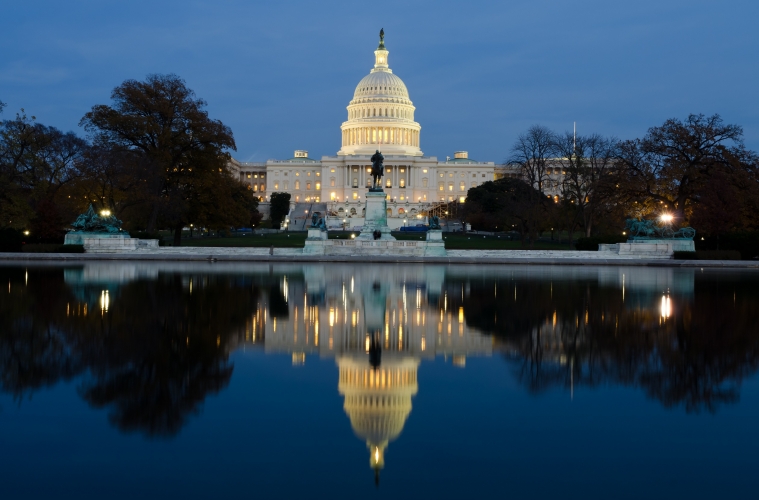Good morning,
GBP: A new backstop?
Sterling is back above the 1.30 level against the USD despite a weaker than expected wage number at the heart of yesterday’s jobs report. Wages were shown to have risen by 3.4% over the course of the past year, slightly missing the estimates of 3.5%. While this may not look like much, wages and wage inflation are one of the few data points out there that could have a meaningful impact on the Bank of England’s probable flight path on interest rates, at least in the short term. Weaker wages equal weaker rate expectations.
The main impetus for sterling’s gains were two-fold; Brexit headlines and weakness of the US dollar. Tweets from political reporters from both the Daily Mail and The Sun suggested that the talks between the UK and EU had gone well and the negotiators were ‘pleasantly surprised’. Rumours of a new backstop arrangement are also swirling around and, while Theresa May will meet Jean-Claude Juncker this afternoon in Brussels, an EU meeting this weekend could see any new plan agreed by the wider EU28 in time for a parliamentary vote sometime next week.
We are getting back into a place wherein sterling will be driven increasingly by headlines.
USD: Fed pause and trade hope keeps dollar depressed
Ahead of the Federal Reserve minutes later tonight, Federal Reserve speakers are already giving the dollar the knock lower that we sought on Monday morning. Speaking yesterday, New York Fed President Williams said he was comfortable with where interest rates are currently and that an unexpected change would be necessary in order to convince him that the Fed needs to hike rates again while Cleveland Fed President Loretta Mester argued that there was ‘less certainty about the future path of policy’.
Tonight’s minutes could easily extend the dollar weakness as well if hints are made at additional pauses to the rate hiking cycle.
CNH: US wants China to help keep the yuan stable
Likewise, movements on trade are hurting the USD and benefiting the wider trade currency environment. According to Bloomberg this morning, the US has asked China to keep the value of the yuan stable as part of trade negotiations between the two economies.
The term ‘currency wars’ is one that we deliberately try to avoid, but nations have engaged in the practice of competitive devaluation of currency to try and kick-start growth by boosting their exports. It’s questionable whether this practice has ever really worked effectively. China may not be guilty of actively devaluing their currency but there is little doubt that they have not stood in the way of a weakening currency.
While China is mooted to have considered weakening its currency to offset the value of any tariffs, the larger impact in terms of currency volatility would come from the US denoting China, or another Asian exporter, as a currency manipulator in its semi-annual Treasury reports on the matter.
Any currency that is tagged as being manipulated can and likely would have sanctions and tariffs imposed upon it, and these can be done unilaterally by the President without Congressional approval.
The next one is due in April.
CNH is higher this morning as a result of the article.
Have a great day.


